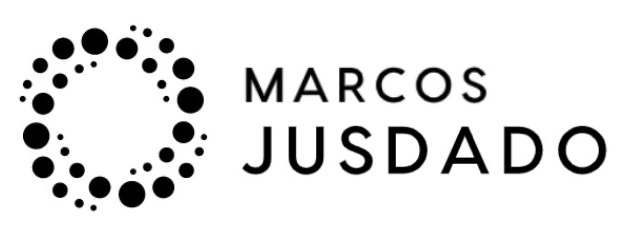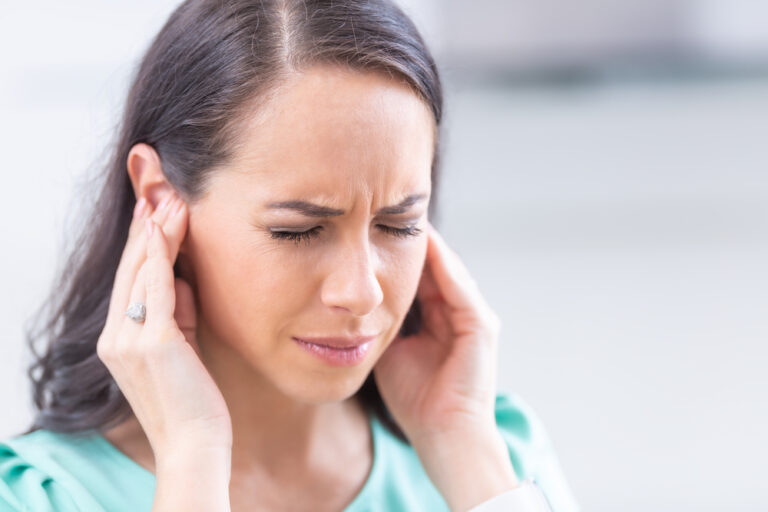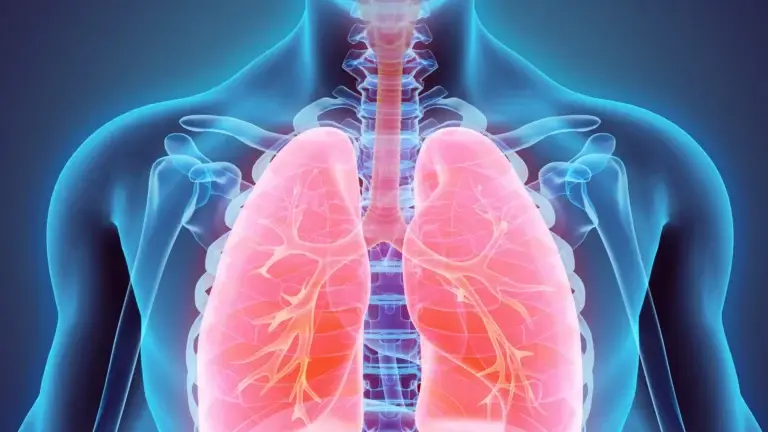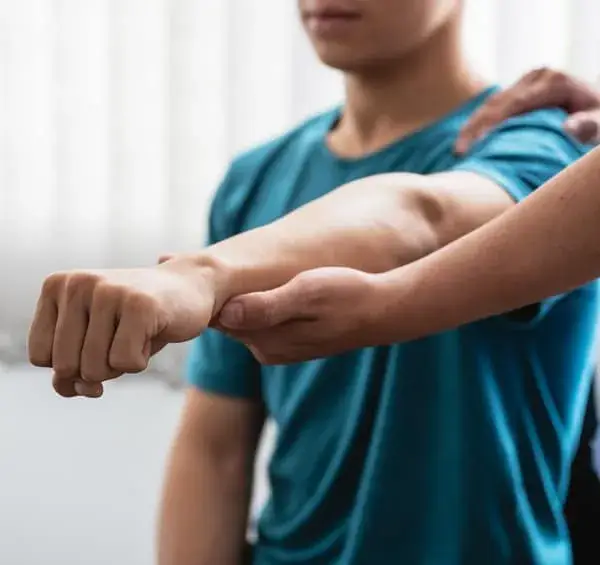Do you feel anxious in crowded spaces, when moving your head quickly, or while riding in a car?
What if your anxiety isn’t purely psychological, but neurological?
For many people, symptoms of anxiety are actually linked to vestibular dysfunction, particularly when the inner ear is sending incorrect signals to the brain about balance, movement, and spatial orientation.
Let’s explore how your vestibular system could be playing a hidden role in your anxiety, and what you can do about it.
Anxiety or Instability? Sometimes It’s Both
The vestibular system, located in your inner ear, helps your brain detect motion and maintain balance. When it’s not working properly, your body and brain may:
- Feel disoriented in space
- Overcompensate for instability
- Trigger your nervous system into a fight-or-flight state
The result? Symptoms that feel like anxiety but may actually be rooted in a physical imbalance.
Common Signs Your Inner Ear May Be Involved
- You avoid busy or bright environments
- You feel off-balance or floaty even when still
- Anxiety spikes during head movements or when riding in cars
- You feel dizzy but medical scans come back “normal”
- You get tired quickly from visual or movement-heavy tasks
This type of anxiety is often misunderstood and misdiagnosed—yet it can be addressed with the right neurological and vestibular treatment.
The Brain-Body Loop
When your vestibular system is dysregulated, it can disturb the brain’s sense of safety and orientation. This creates a loop:
- Impaired balance signals from the inner ear
- Increased activity in the sympathetic nervous system (fight or flight)
- Heightened physical sensations like heart racing, tight chest, shallow breathing
- The brain interprets this as danger → leads to anxiety
This is not “all in your head.” It’s a neurophysiological cycle—but the good news is that it can be interrupted.
How Vestibular Rehab Can Help
Targeted vestibular therapy can reduce or even eliminate these anxiety-triggering signals by:
- Retraining balance pathways
- Improving head and eye coordination
- Enhancing sensory integration
- Regulating the autonomic nervous system through movement and breathing
As your body learns to feel safe again in motion and space, your brain stops interpreting those situations as a threat.
A More Holistic Approach
If you’ve tried therapy or medication for anxiety with little success, it might be time to look at your nervous system and vestibular function.
As a physiotherapist specializing in neurorehabilitation, I offer assessments and personalized plans to identify whether your anxiety could have a vestibular root.
Don’t Let a Misunderstood System Control Your Life
You deserve to move confidently, without fear or fogginess.
If this resonates with you, let’s explore whether your inner ear might be the key to calming your system, for good.
Book a consultation in Dubai or online to start your vestibular recovery today.











